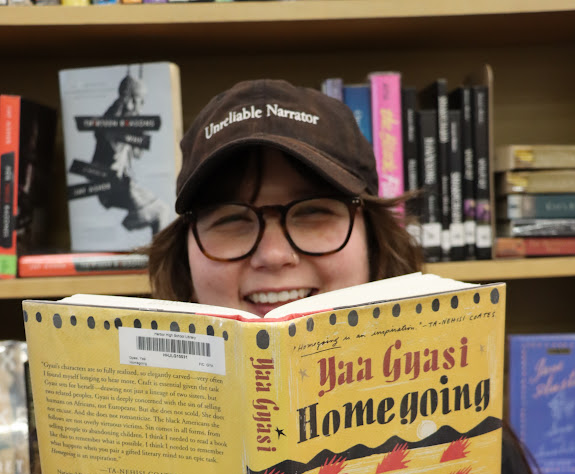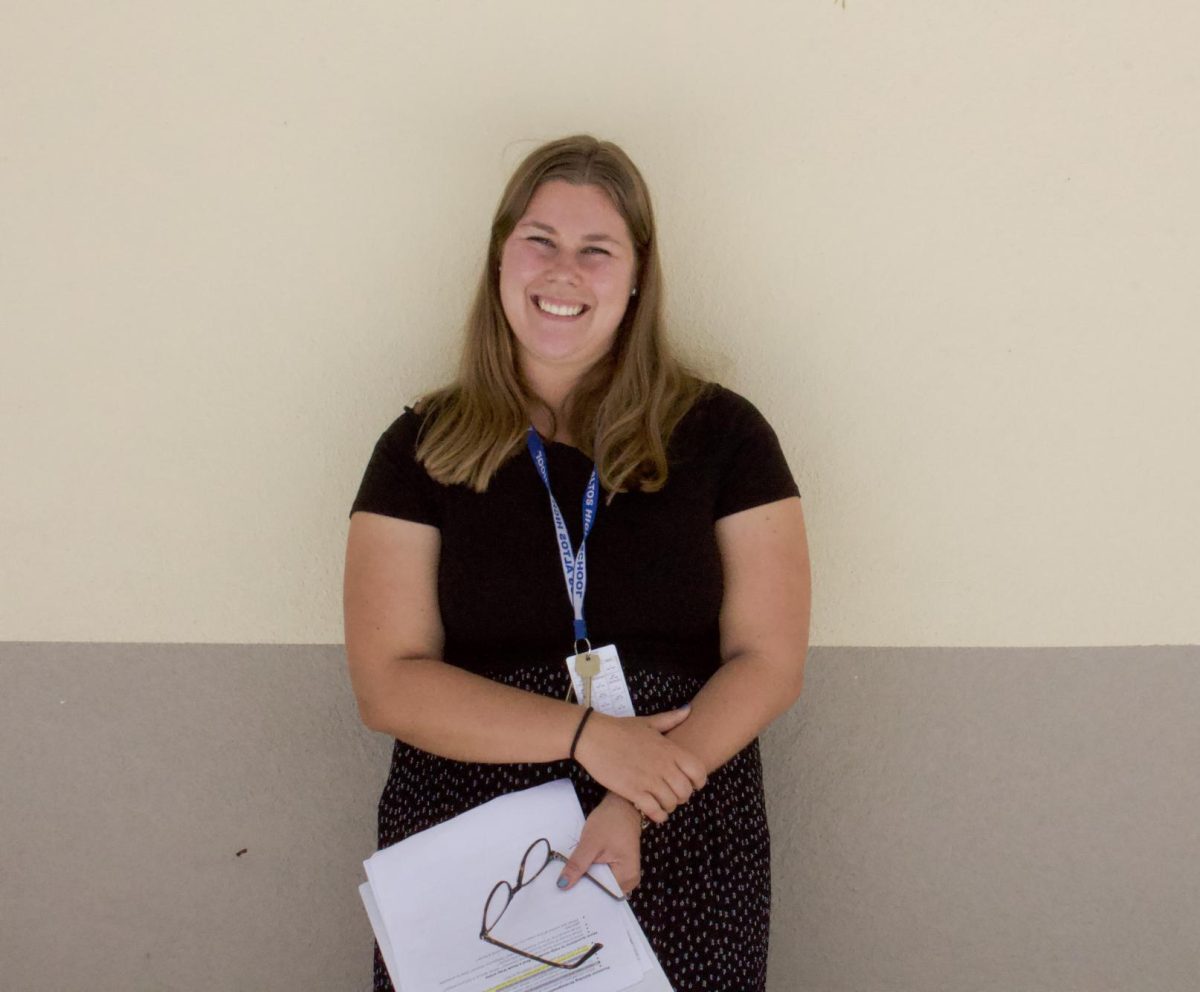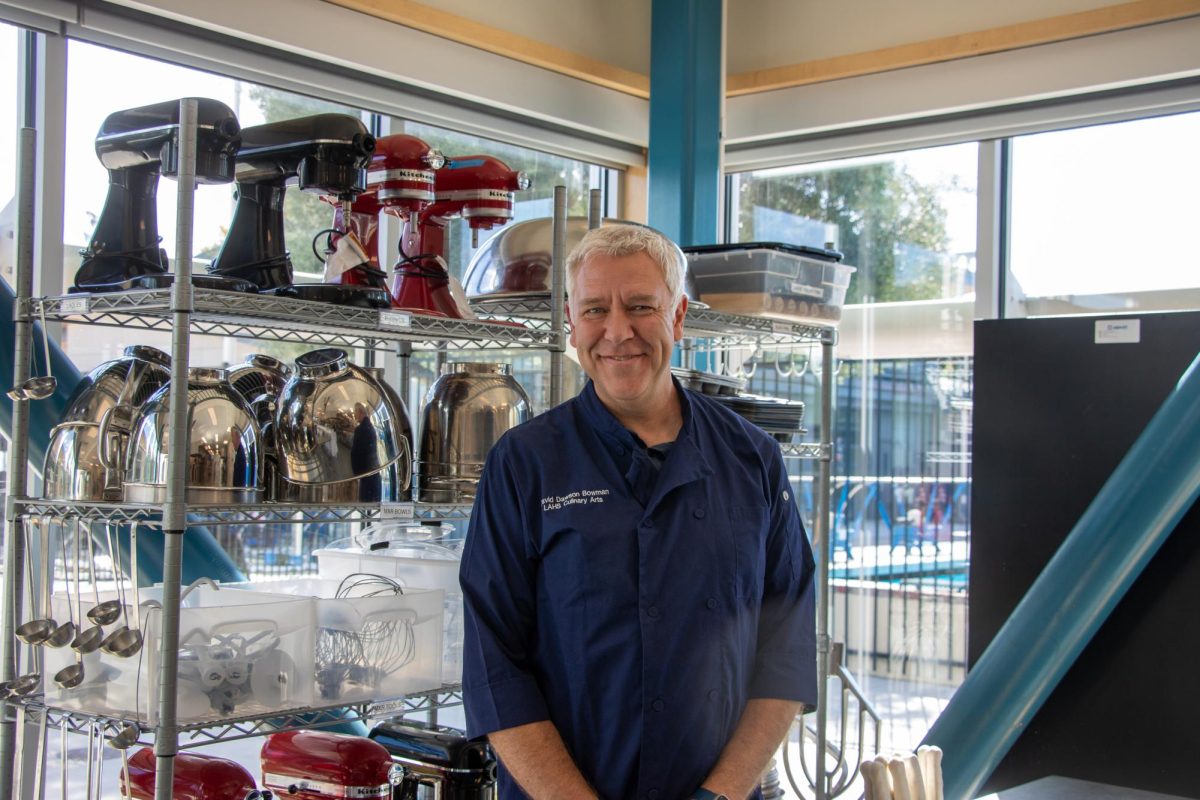[dropcap]“I[/dropcap] spoke Russian until pre-school, so English is my second language and was actually really hard to learn,” Liza said.
Growing up in what she describes as a “very Russian” family, she and her twin sister, senior Rita Koulikova, both strongly believe in Russian values, such as community and chivalry. Though these values are not necessarily absent from the American surroundings at school and outside the house, Liza found herself experiencing a culture clash with her parents and among peers.
“I’ve noticed that my parents most of the time don’t understand American customs,” Liza said. “One example is sleepovers: my mom was always like ‘why can’t you go home and come back in the morning?’”
Liza acknowledged the the occasional frustration she has for her parents’ aversion towards typical American behavior. However, she still expressed strong appreciation for the fact that despite her parents’ unfamiliarity with these customs, they trusted her to act accordingly, and let her go her own way to feel comfortable.
High school homecoming courts, asking dates to dances with flowers and posters and parents grounding their children were other American customs that were sometimes lightly questioned and talked about in the family.
“My parents have never understood the concept of grounding,” Liza said. “When my sister and I asked why, they replied that their parents never did it to them; the relationship between kid and parent [in Russia] is a lot more trust-based, on being honest with them and trying to get the same respect back, rather than being punished.”
This type of close-knit family relationship has made it easier for Liza to balance her identity as both an American and Russian. Liza contrasted this with the experiences of some of her peers, who would resort to lying because of a lack of family trust. Having respect and friendship with her parents, she has been able to embrace both American individuality and independence and Russian community values rather than feeling trapped in one end of the spectrum.
Outside the house, there are multiple ways in which Liza’s family interact socially that differ much from American social relationships. For example, it is a Russian custom to bring food whenever visiting a friend or going to meet another person; it is a matter of good behavior and expressing sincerity.
“Whenever I go to someone’s house, even for like a playdate when I was younger, I always bring food, whether it’s baked goods or a platter of fruits,” Liza said. “My friends at first thought it was super strange and super nice, but my mom would always make me even if I told her that it isn’t how people do things in America. It’s always just a Russian thing.”
Rather than feel embarrassed about being different from her peers, Liza has come to be even prouder of her Russian culture’s values; while such behavior as bringing treats to social gatherings would be seen as a Russian normality, it has set her apart outside the house as someone particularly caring and respectful, a description that Liza wholeheartedly accepts.
Liza characterizes American culture as being individualistic; self-absorbed was the word that came to mind, but not to generate a negative meaning. She sees the culture as one in which people are constantly looking to better themselves, rather than care about anyone else.
“I found that here it’s not really considered selfish, but coming from another culture, you notice that a lot of other people are selfish,” Liza said. “In Russia, this is really cliché, but it’s honestly the communistic ideal. You’re part of a bigger community and you need to help your friends, help your neighbors. Here, you barely even know your neighbors, and you’re just striving to earn more money and get a better job, raise your own family.”
When it comes to education, according to Liza, the Russian outlook on the college application process is much more relaxed than it is to be in America.
“In school, you work hard, [and] you apply to a university and if you don’t get in, that’s okay you just get a job and wait it out and then apply again next year,” Liza said. “But here it’s like everyone is applying to so many different schools. So that experience was really different and my parents had to do a lot of research.”
While many other students at LAHS had the benefit of having family friends with older students who’ve already gone through the process, Liza explained the difficulty that she and her parents had in searching for college counseling and advice on standardized tests: where to apply early and how to create a college list.
Being American-born versus coming from a first-generation family has a significant impact when it comes to personal and business connections; with no other family in the country other than her immediate relatives, Liza found it difficult to have access to certain opportunities such as internships or jobs that others would have gotten through family and professional connections.
“We’ve always had to find things out on our own and basically everything we did, we had to figure out from scratch,” Liza said.
Regardless of the struggles her family went through to still apply to competitive universities and build a strong college resumé, Liza recognizes that these challenges have made her work even harder and allowed her to appreciate the opportunities she has that her parents didn’t have.
“So I really like being first-generation,” Liza said. “It’s like growing up with a different culture but getting so many opportunities here.”
Despite the many cultural differences that Liza has grown up with, she prefers to associate with a diverse community of many non-Russians, rather than only with people of the same ethnicity. She believes that involving herself in a purely Russian community would be too secluded and prefers to enter a group of people where everyone is different.
“Even though you’re not all the same and you’ve had different experiences, you kind of understand each other because you’re all together in whatever brought you together in the first place,” Liza said. “I don’t think I’ve been in a situation where I felt like I was that out of place, because I have grown up in this country. So I’ve adjusted.”








